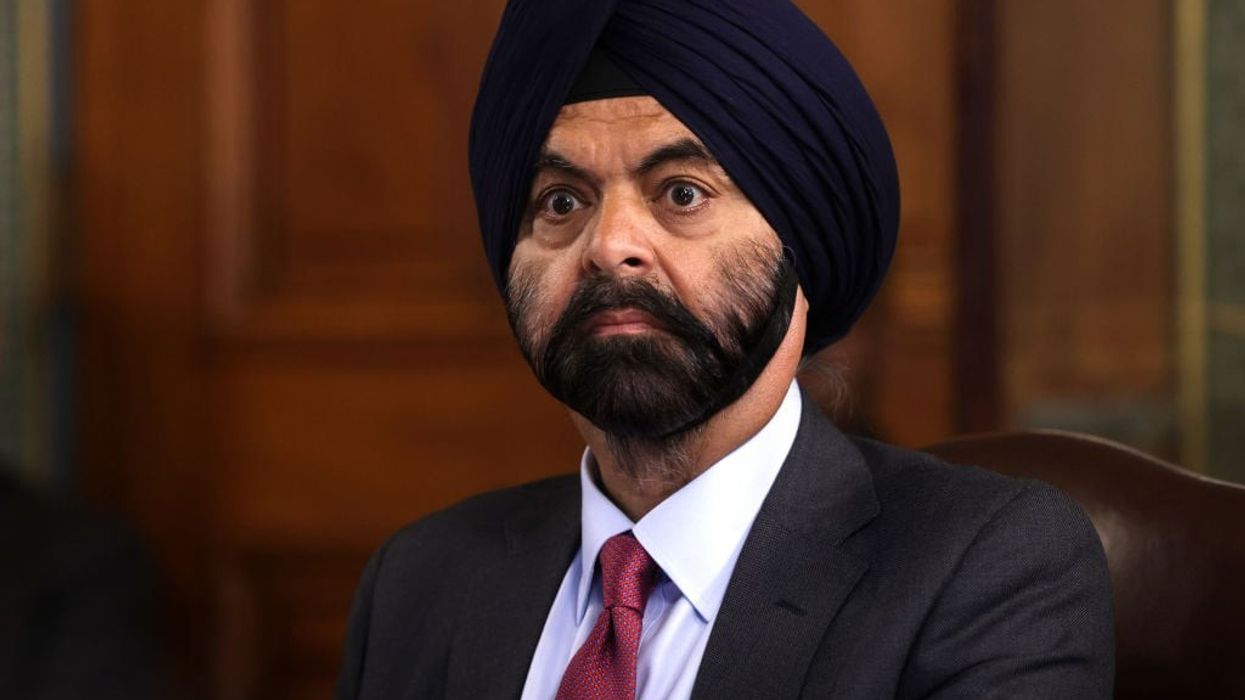A DIVERSITY and inclusivity specialist has urged the UK to learn from the boom in the number of Indian-origin CEOs of major organisations and cultivate talent from ethnic minority communities.
Last week, US president Joe Biden nominated the former CEO of Mastercard, Ajay Banga, as a preferred candidate to lead the World Bank. This followed the news last month that India-born Neal Mohan, from Lucknow, will be the new head of YouTube, the video-sharing and social media giant.
Mohan joins an elite group of Indian-origin CEOs including Sundar Pichai (Google), Satya Nadella (Microsoft), Ivan Menezes (Diageo), Vivek Sankaran (Albertsons Cos Inc), Arvind Krishna (IBM), Punit Renjen (Deloitte) and Leena Nair (Chanel), who lead some of the world’s most successful companies.
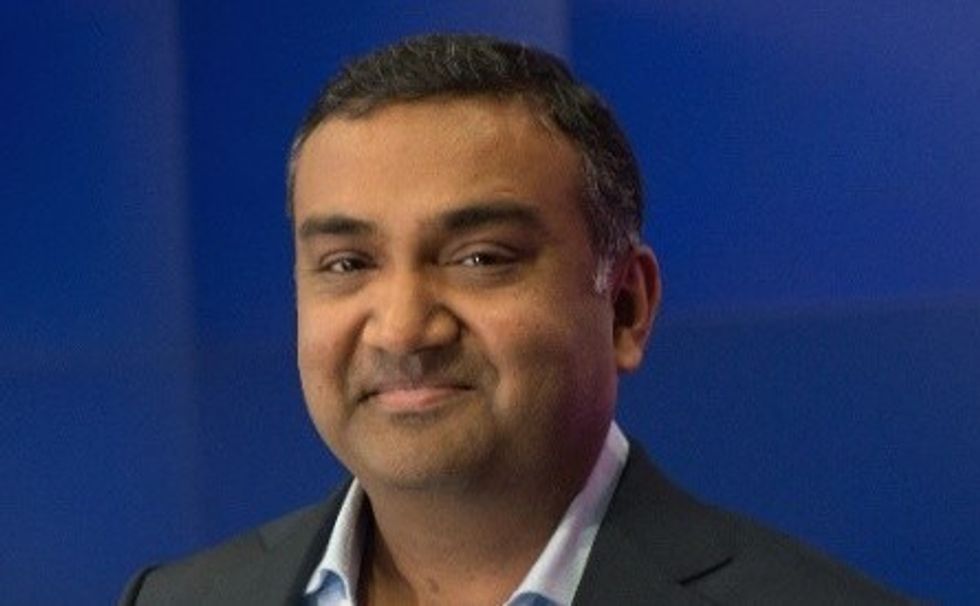
Binna Kandola, a business psychologist and senior partner and co-founder of Pearn Kandola – a diversity and inclusion training provider in the UK – hoped the “perception” of people of south Asian heritage would change as a result of the global success of Indian-origin CEOs.
“The talent is there,” Kandola told Eastern Eye when asked about people of south Asian heritage progressing to leadership roles in the UK.
“Talent is there in all the communities. Talent in south Asian communities exists just as much as in any other community, if you’re prepared to give them the opportunities.
“The thing that gets in the way isn’t the lack of talented people, it’s the way those individuals are viewed. It’s the perception of them and the biases and prejudices that get in the way.”
A recent report from the UK’s Financial Reporting Council (FRC) found significant barriers still remain for people from ethnic minority groups in reaching senior leadership positions in FTSE 100 and FTSE 200 firms.
The challenges identified in the report included overt and covert racism, being overlooked for promotions, and having to demonstrate higher standards compared with colleagues from majority backgrounds to progress or have the same development opportunities.
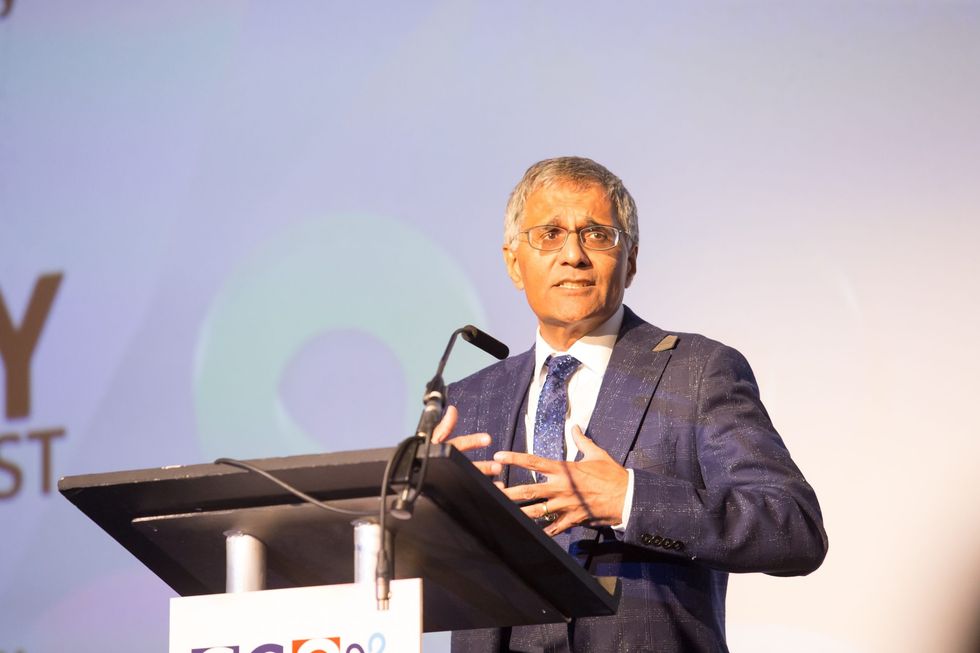
The report also explored the experiences of senior leaders from ethnically diverse backgrounds through interviews and focus groups. It suggested that while minority ethnic executives lead successful careers and run successful businesses, they also have to adopt strategies such as ‘blending in’ and minimising their difference to get on, or ‘stand out’ to define their brand and celebrate their difference.
“When you look at the stereotypes of Asian people it’s that they stick together. They work hard, are well-educated and get the job done. But, because they stick together, they’re introverted and they’re not very good with people,” said Kandola.
“They’re good on thought leadership, not bad on task leadership, but not very good on paper leadership,” he added.
Kandola has written extensively on gender bias and unconscious bias in organisations, including the books The Invention of Difference: The story of gender bias at work, The Value of Difference: Eliminating bias in organisations, and Racism at Work: The Danger of Indifference.
He added: “Asian men are stereotypically seen as being more feminine compared their white counterparts. Consequently, they’re not seen as having that kind of charismatic, motivating type of leadership which requires people to be more outgoing and more visible.”
However, Kandola felt that due to the success of Indra Nooyi (former head of Pepsico), there was a shift in how Asians were viewed, and people from the south Asian communities were “just as capable of being leaders as anybody else”.
“You can see there are more people of south Asian origin now in middle management positions and more in senior technical roles (in the UK). Advancements have been made and I genuinely believe it’s just a matter of time before we will see more CEOs of south Asian origin here. Everything’s moving very positively. But it’s moving slowly.”
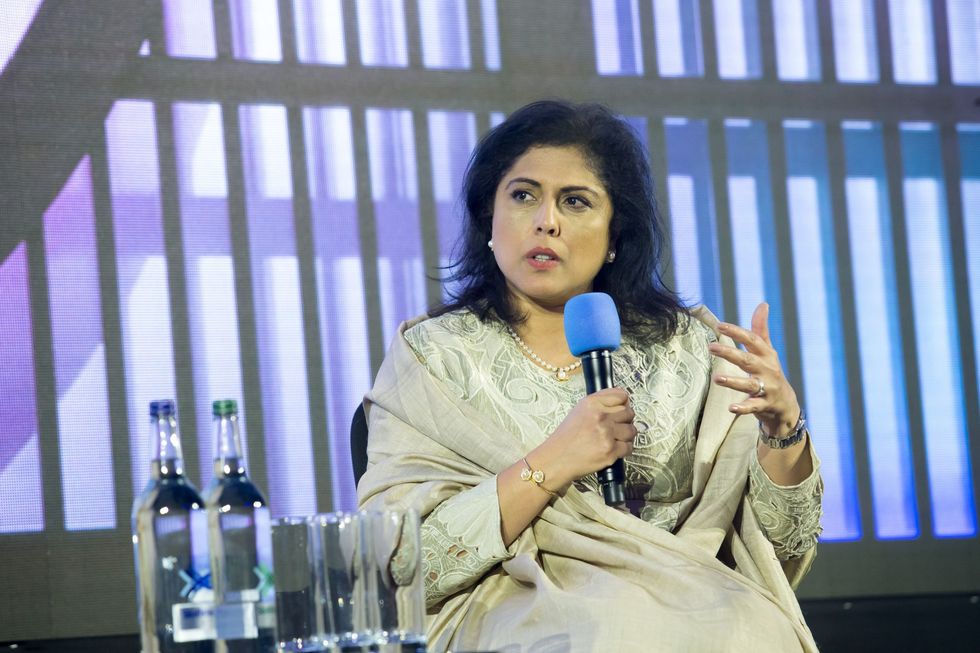
One of the people helping change the perception of south Asians is Bina Mehta – she is the first female chair in the 150-year history of KPMG.
“I do feel in a really privileged position that when you’re in these roles, you can really make a difference,” she told Eastern Eye. “I’m very proud to be leading our firm and I’ve got a very diverse board in terms of gender, ethnicity and social mobility. That for me is the role-modelling we want to achieve. But it is not reflected all through our organisation.”
Mehta said the organisation has introduced the strategy, “Our KPMG: A fairer future for all”, which has set diversity and inclusion targets for 2030. It includes having a leadership team comprising at least 40 per cent women, 20 per cent from ethnic minorities, and 29 per cent from a lower socio-economic background.
Lord Karan Bilimoria said having Mehta lead KPMG, the first woman at the top of one of the ‘big four’ accountancy firms (PwC, Deloitte and EY are the other three), would act as the catalyst to inspire others to follow in her footsteps.
“Diversity and inclusion really matter to young people. When they are applying for jobs, they will look to see who’s at the top. Is there a Bina at the top of this company?” he told Eastern Eye.
“What you are getting there is inspiration. This creates aspiration, that creates achievement, which then creates inspiration, so it’s then a virtuous circle. It’s so important we have these role models; that’s when you see this virtuous circle taking place,” said Bilimoria, the chairman and founder of Cobra Beer Partnership and a former president of the Confederation of British Industry (CBI).
The peer pointed to a 2019 inclusion and diversity report by McKinsey, which found that the most diverse companies are now more likely than ever before to outperform non-diverse companies on profitability.
Having followed the trajectory of hundreds of companies, the report found that companies in the top quartile of gender diversity on executive teams were 25 per cent more likely to experience above-average profitability than peer companies in the fourth quartile.
Firms with more than 30 per cent women on their executive teams were significantly more likely to out perform those with between 10 per cent and 30 per cent women. In the case of ethnic and cultural diversity, the findings were equally compelling. Companies in the top quartile outperformed those in the fourth by 36 per cent in terms of profitability in 2019.
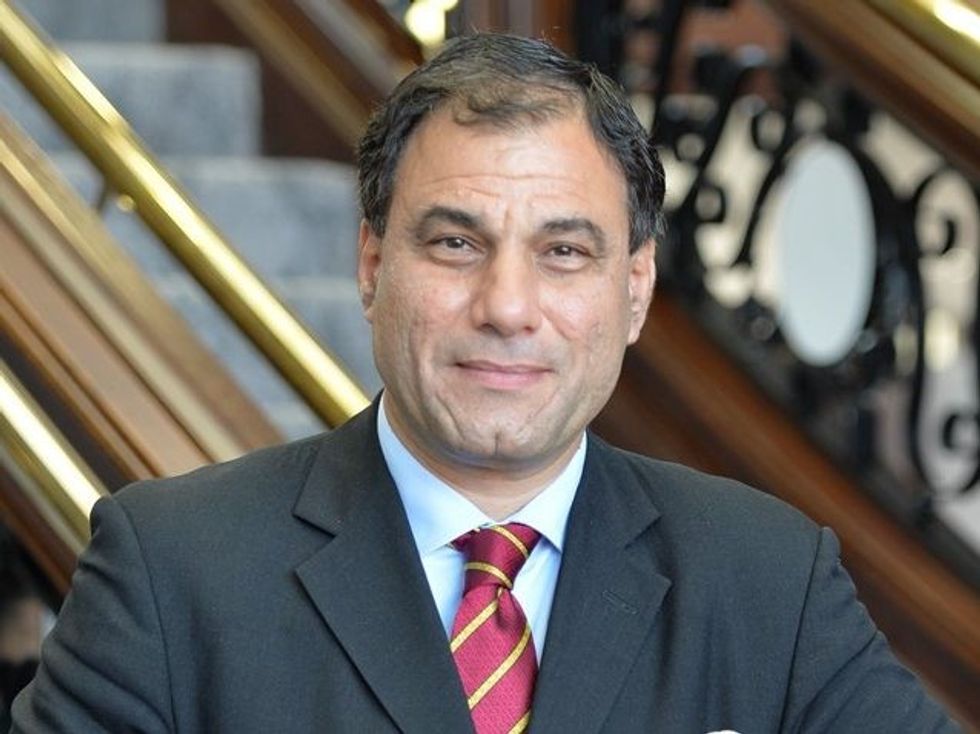
Bilimoria said these statistics should be taken on board by FTSE companies to increase diversity in their boardrooms.
“I’m the first ethnic minority president of the CBI. Dame Carolyn Fairbairn, who I started with, was the first woman to be director-general of the organisation. So it’s taken a long time.
“That’s one of the things I said to myself, ‘Well, if I’m the first in this position, what can I do to champion ethnic minority participation across all professions?’
“I have launched an initiative called Change the Race Ratio. And one of our targets is to have every FTSE company to have at least one ethnic minority board member. I think out of the FTSE 100 companies, 20 of them don’t have an ethnic minority board member and just 50 of FTSE 250 companies have one.
“We also want greater transparency. The gender pay gap reporting is now compulsory. The ethnic minority pay gap reporting is still not compulsory – it needs to be, because what gets measured gets done. We need that transparency.”
The Parker Review on the ethnic diversity in UK boardrooms set out a target in 2017 to appoint at least one director from a minority ethnic group on each FTSE 100 board by 2021 and on each FTSE 250 board by 2024. In the FTSE 100, some 94 companies achieved the target by early 2022. Around 55 per cent of FTSE 250 companies have met that goal.
Kandola said ethnic minorities reaching senior leadership roles should not be the end of their journey. Instead, organisations need to ensure they are giving them the opportunities and support to progress further up the career ladder onto CEO roles.
“It was more than a tick-box exercise (to get more ethnic minorities in the boardroom), because organisations invested in identifying talent. But it became a tick-box exercise because rather than saying, ‘how do we continue to develop everybody in that senior leadership team’, they kind of ignored those leaders who were from a minority groups, Asians included,” said Kandola.
“I was talking to some amazing people who got to senior leadership positions in organisations, and who were active in doing this. But once they were there, they said the organisation kind of said, ‘yeah, we’ve done it, we’ve got more diversity at senior levels in this organisation, we’ve ticked the box’.
“But as far as the individuals were concerned, they still wanted to progress. However, as far as the organisation was concerned, they had got more diversity at senior leadership levels, albeit at the lowest level of senior leadership, so they drifted back into, ‘we don’t need to pay any attention to this’.
“The frustration of that group of people was very tangible. I know at least two of these people have left organisations because of this and they’ve managed to get senior positions in other organisations.”
